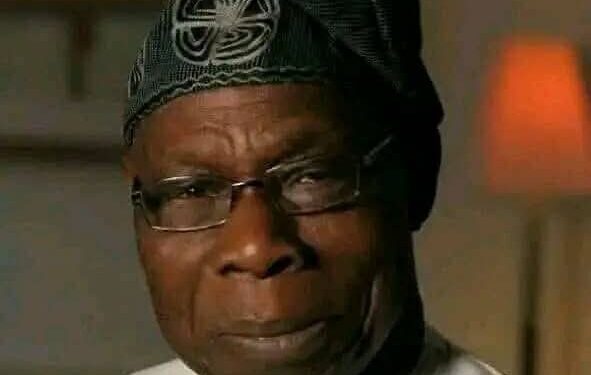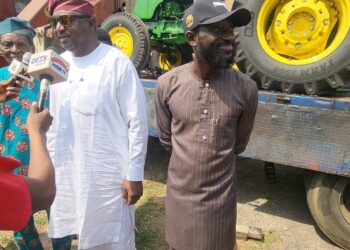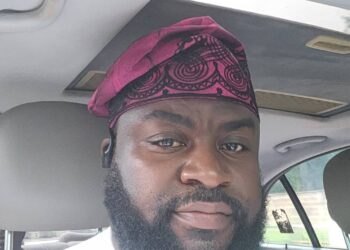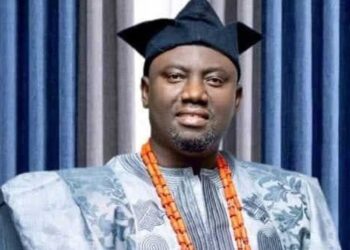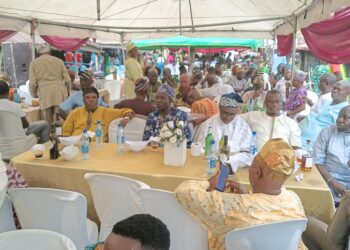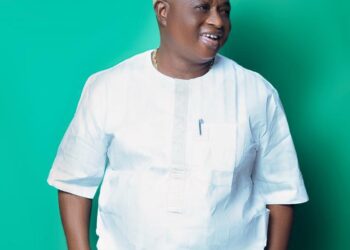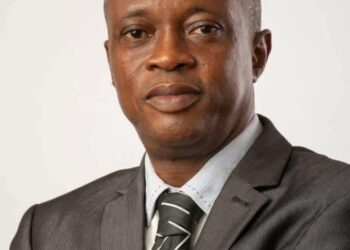By Our Correspondent
Abeokuta, Ogun State | October 24, 2025

Former President Olusegun Obasanjo has disclosed that he once turned down a proposal to support Nasir El-Rufai, former Kaduna State Governor, as his successor at the end of his presidency in 2007.
Obasanjo said he rejected the idea because he believed El-Rufai, who served in his administration between 1999 and 2007, was not yet mature enough to handle the responsibilities of leading the country.
The former president made this revelation on Friday during the second edition of the Ajibosin Platform Annual Symposium held in Abeokuta, Ogun State.
According to Obasanjo, the suggestion to make El-Rufai his successor came from former Minister of Aviation, Osita Chidoka, who was the keynote speaker at the event.
Chidoka, while narrating how he was introduced to Obasanjo by El-Rufai at the age of 34 — a meeting that led to his appointment as Corps Marshal of the Federal Road Safety Corps (FRSC) — was interrupted by Obasanjo, who added a detail he had omitted.
“Let him tell you what he didn’t mention,” Obasanjo interjected humorously. “When I was leaving office, he was pushing that his friend, El-Rufai, should succeed me. Isn’t that true?” he asked, turning to Chidoka, who confirmed with a nod.
Obasanjo explained that he resisted the suggestion because, in his view, El-Rufai needed more time to develop politically and personally.
“I did not yield to the pressure,” Obasanjo recounted. “Later, he asked why I didn’t agree, and I told him El-Rufai still needed to mature. Years after leaving government, when he observed El-Rufai’s performance, he came back to me and said, ‘You were absolutely correct — El-Rufai needed to mature.’”
The former president, however, commended both El-Rufai and Chidoka, describing them as talented individuals who contributed significantly to the achievements of his administration.
Speaking further on the qualities of leadership, Obasanjo emphasized that character, exposure, experience, and proper training are essential attributes for anyone aspiring to public office.
“It’s only in politics that I’ve seen no formal training for leadership,” he said. “Even among armed robbers, I was told there’s an apprenticeship. But in politics, there’s none — and that’s not good enough.”
In his keynote address, Chidoka argued that Nigeria’s persistent governance challenges stem not from a lack of ideas but from the failure to build strong and sustainable systems.
“Leadership finds its true measure not in speeches or charisma but in the systems it leaves behind,” Chidoka stated.
“Moral conviction must be institutionalized through rules, routines, and structures that make competence predictable and corruption difficult. Nigeria’s problem has never been a shortage of ideas — it is the absence of systems strong enough to outlive their authors.”
He further called for the establishment of accountability mechanisms that assess leadership performance through measurable results rather than political rhetoric.
“We must make leadership accountable not to rhetoric but to results,” he added. “This requires building national dashboards and performance tracking systems that monitor every promise, every budget, and every outcome, while strengthening institutions that evaluate governance and expose complacency.”
You can get every of our news as soon as they drop on WhatsApp ...To get all news updates, Join our WhatsApp Group (Click Here)

